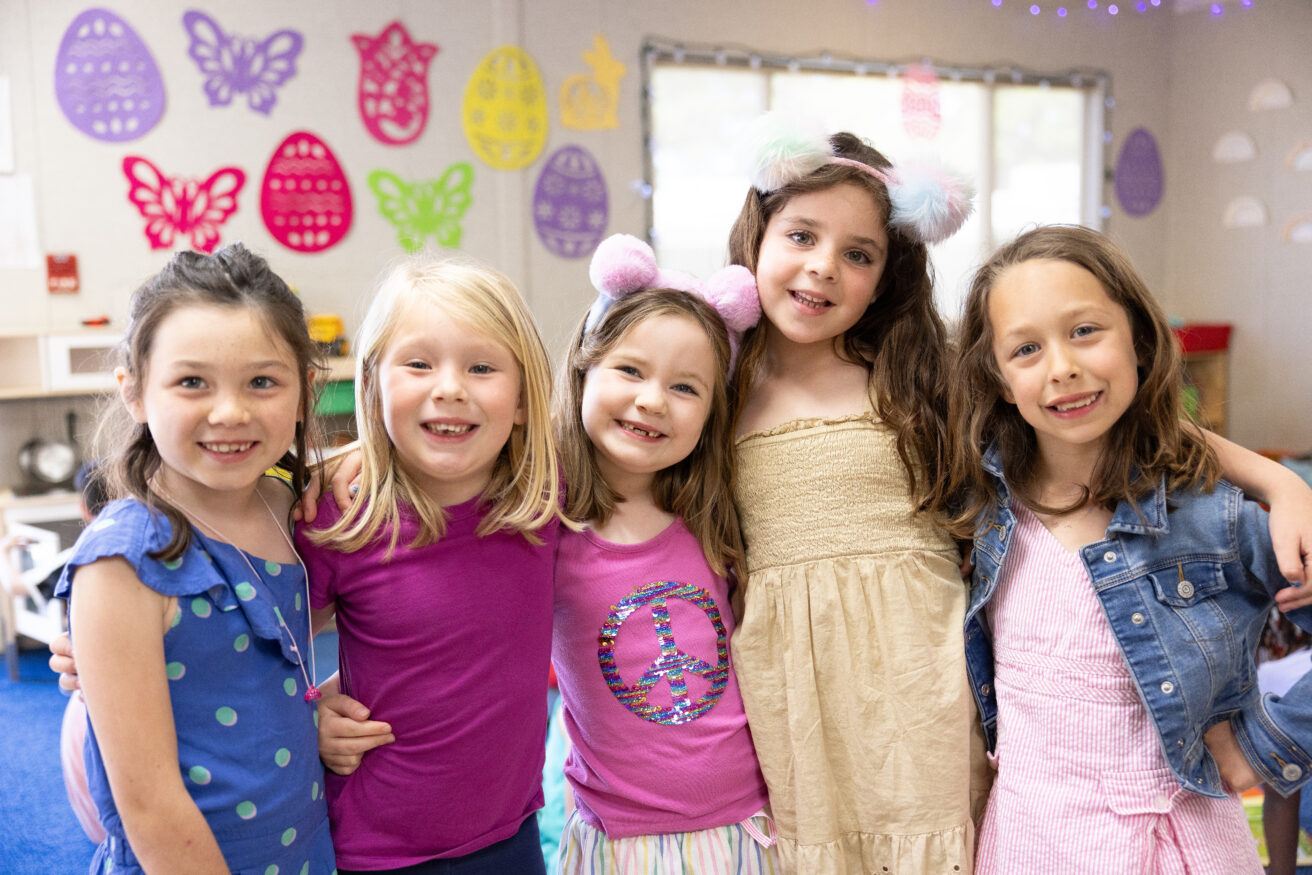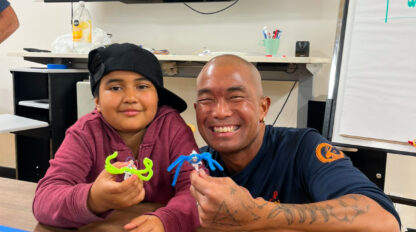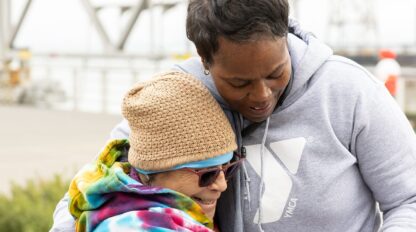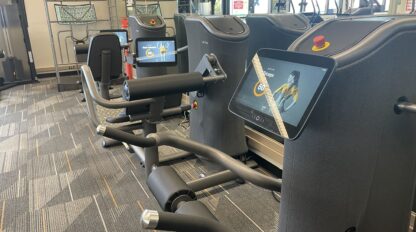Exciting Youth & Family Programs at Marin YMCA

Photo: Some of our Marin YMCA youth at an after-school program.
At the YMCA of Greater San Francisco, we believe that when families thrive, our whole community grows stronger. As we kick off 2026, the Marin YMCA is thrilled to introduce new ways for your family to stay active, connected, and supported.
From long-awaited returns to youth basketball opportunities, here is what’s coming to this January and beyond.
New Highlights for Your Calendar
Parents’ Night Out (Quarterly Return!)
- When: Friday, January 23, 5:00 PM – 9:00 PM
- Ages: 3 to 10 years
- Details: Enjoy a night off while your kids enjoy crafts, dancing, pizza, and a movie with our wonderful YKids staff.
- Register: Secure your spot by January 15. Register today!
Sunday Youth Basketball
- When: Sundays starting January 25, 12:00 PM – 1:50 PM
- Details: A fun, low-pressure environment for youth ages 9-14 to learn the fundamentals through friendly half-court scrimmages. All skill levels welcome. Parents of youth 12 and under will need to remain in the gym.
- Register: No registration required. Kids can show up, sign up on-site, and jump into the games.
- Questions? Reach out to Ivan Mumm at [email protected]
Healthy Kids Day: Save the Date!
- When: Saturday, April 18
- Details: Join us for a community-wide Open House! This free event features local vendors and family-friendly activities celebrating youth wellness.
- Get Involved: Interested in being a vendor or volunteer? Fill out our Interest Form.
Year-Round Favorites
In addition to our new offerings, we continue to provide the trademark programs you know and love:
- Swim Lessons: Build confidence in the water with Group Lessons or Private Coaching. Whether you’re a beginner or refining your stroke, we have a lane for you. Learn more here or contact [email protected].
- Before & After School Care at school sites: With 17 sites across Marin County, we provide a safe, engaging space for students to grow. Learn more here and contact [email protected] for details.
- Summer & School-Year Camps: Keep the learning alive during school breaks with STEAM, outdoor education, and arts. Learn more here and contact [email protected] for more details.
Join Us at Marin YMCA!
Becoming a Marin YMCA member means discovering more than programs—it supports your family’s day-to-day routine.
Families with a Marin YMCA household membership can take advantage of YKids Childcare, offering high-quality care for children ages 3 months to 10 years while parents use the facility.
Save on Youth Programs: Marin YMCA members also receive a discount up to 20% on youth programs.
Ready to get started? Visit the Community Portal or join the interest list to register on upcoming programs and save your spot.
We look forward to welcoming your family at the Y.


